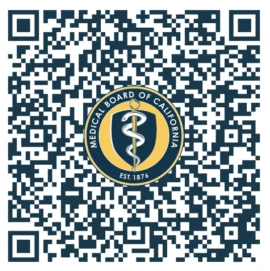Helicobacter pylori (H. pylori) bacteria is present in almost half of the population, but not everyone develops symptoms. H. pylori becomes problematic when it triggers an overproduction of stomach acid, which damages the stomach lining and causes ulcers in some people.
Scientists don’t yet know why certain people carry H. pylori without any issues while other carriers experience symptoms.
Do you think you may have H. pylori? The team at Digestive Disease Consultants of Orange County in Irvine, Huntington Beach, Tustin, and California, are ready to help. Below, our experts explain when H. pylori testing is necessary and what to expect from it.
Who should get tested?
You may be suffering from an H. pylori infection if you experience the following:
- Burning pain in the abdomen
- Nausea
- Poor appetite
- Fullness
- Discomfort
- Pain
- Unintentional weight loss
As the H. pylori infection progresses, it may cause ulcers in some people. In addition, you may need testing if you already had ulcers in the past, or if you’ve already received an H. pylori diagnosis and need to determine if your treatment has killed off the bacteria.
What you can expect before, during, and after the test
Before the test, you need to fast for six hours. You may also be asked to stop taking certain medications for a few weeks before the test, as these could influence your results.
During the test, you swallow a pill and breathe into a bag. About 15 minutes later, you need to breathe into the bag again. The test looks at the amount of carbon dioxide in your breath. H. pylori breaks down urea in the stomach and increases the release of carbon dioxide.
Following the test, you’re free to go home. The results are usually available within a few hours of the testing.
If you test positive, our experts may prescribe antibiotics to clear the bacterial infection. In addition, they may prescribe you medications that suppress the production of stomach acid to allow your gut lining to heal.
Why testing is important if you have symptoms
Left untreated, H. pylori can increase your risk for gastritis, ulcers, and even stomach cancer. Breath testing is not the only type of test used to detect H. pylori, but it’s the most accurate.
If you have upsetting digestive symptoms, contact us to schedule an appointment. Our specialists can examine you and determine what kind of testing you need to get to the root of your symptoms.



